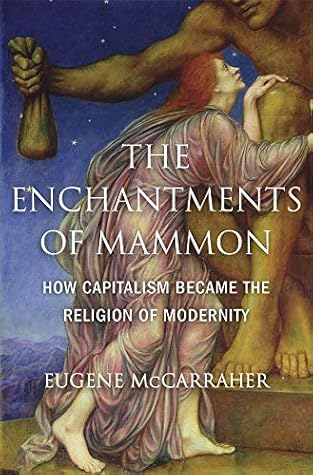One’s land, workshop, or manor was a means of subsistence and a contribution to the common good, not a means of increasing one’s wealth or of fostering accumulation as an end in itself. Under the medieval cope of heaven, property had to be directed toward the common good, not employed or aggregated for private gain; distributed as widely as possible, not concentrated in ever fewer hands; and dispensed to the poor after the requirements of one’s “station in life” had been met.
Welcome back. Just a moment while we sign you in to your Goodreads account.


